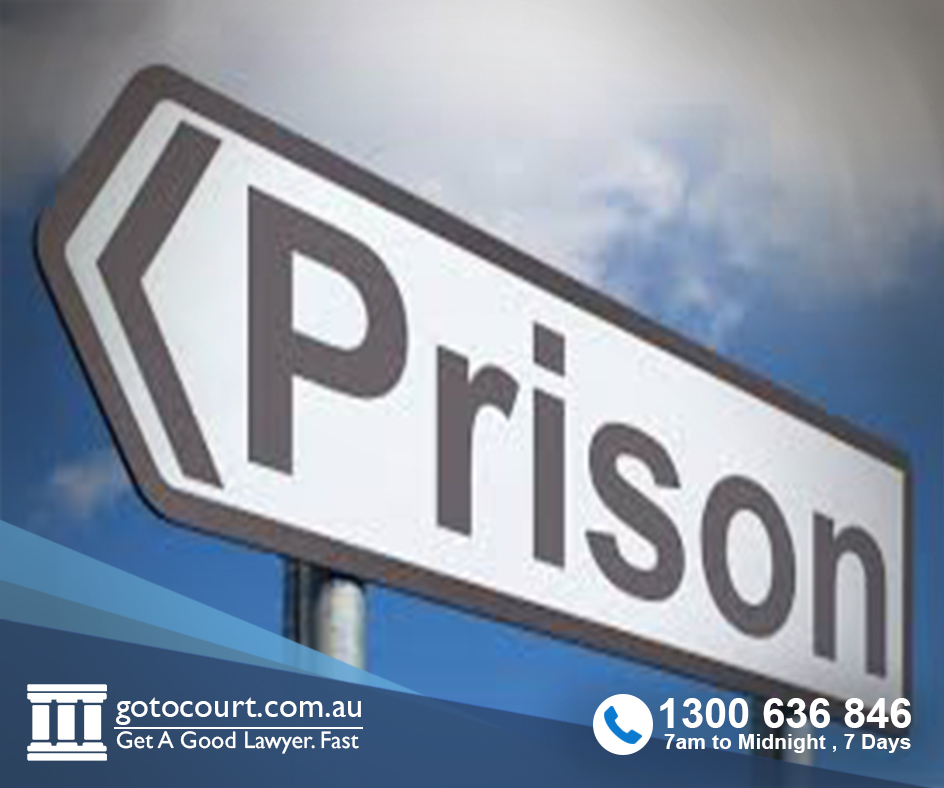Parole in Western Australia
An eligible prisoner will be considered for parole in Western Australia by the Prisoners Review Board (the Board). The Board can grant, defer or refuse parole, and will take into account factors that affect the offender, the victims, and the community.
If parole is granted, a parole order will set out the date of release and the specific conditions that have to be met while on parole. A parolee is usually supervised and must comply with certain conditions to protect the community and to allow the Board to monitor the parolee’s circumstances and behaviour.
Parole is more likely to be granted to prisoners who comply with prison rules and show a commitment to maintaining a positive lifestyle and to becoming a valuable member of the community.
The law that governs parole is the Sentence Administration Act 2003.
Eligibility for parole in Western Australia
When setting a prison sentence, the court decides if the person will be able to apply for parole. They may not be able to apply for parole if their crime is very serious.
Those who are eligible for parole in Western Australia are given a date when parole can be considered.
- For sentences of four years or less, a prisoner must serve half of the time in custody before being eligible for parole.
- For sentences over four years, they are eligible for parole when they have served all but two years of their prison sentence in custody.
- For a prisoner who has not committed a ‘serious offence’ or is not a ‘prescribed prisoner’ and who has been sentenced to less than 12 months imprisonment, parole will be automatic. Conditions will most likely still apply.
A prescribed prisoner is a person who:
- is serving a sentence for a serious offence
- has served a sentence for a serious offence within the last 5 years or
- was subject to an early release order that was cancelled in the 2 years before the current sentence.
Parole plans
To be eligible for parole in Western Australia, each prisoner must submit to the Board a parole plan. The parole plan is considered by the Board when deciding whether to grant parole. Help in preparing it can be obtained from a Prison Unit Supervisor or a Community Corrections Officer.
It should include:
- the address where the prisoner will live and the names of others living at that place. A parole plan which indicates the prisoner would be living with the victim of a violent crime will not be accepted.
- details of any community support
- details of the work they will be doing, including voluntary work, or the training they will be undertaking
- a list of all the skills and education training undertaken in prison, along with copies of certificates
- a list of any programs completed while serving this sentence, along with copies of certificates
- details of the services the prisoner will access to meet their treatment needs
- any other information they may wish to present, including any written commitment from a family member, friend or welfare agency that confirms an agreement to help the prisoner on release into the community.
Parole review report
A parole review report is prepared by Community Corrections. This is sent to the Board along with the parole plan devised by the prisoner, and any mental or other health reports, or Treatment Programme Completion report. The parole review report will include information about:
- the prisoner’s behaviour in prison
- any rehabilitation programs in which the prisoner has participated
- the proposed support available to the prisoner in the community
- whether any ongoing treatment the prisoner may need is available in the community
- the prisoner’s previous supervision history, incidents, charges, victim issues, health, participation in treatment programs, living arrangements, support in the community and employment.
Victims of the prisoner’s crime can give a letter to the Board with their views on the effect the release of the prisoner may have on them or the rest of the community.
Refusal of parole in Western Australia
When the Board decides to deny parole in Western Australia, it must give written reasons. A review can be requested if the decision:
- doesn’t comply with the Sentence Administration Act 2003 or its regulations
- there was an error of law
- incorrect or irrelevant information was provided or correct information was not provided.
Only one review can be requested. A new application for parole can be made if the prisoner has some new information that will be significant to the Board.
Breach of parole in Western Australia
If a parolee doesn’t meet a condition of parole in Western Australia, this is called a breach of parole. When the Board is told of a breach, it can:
- send a warning letter
- suspend parole. The parolee will be arrested, returned to prison for a fixed period, and then re-released on parole.
- cancel parole. The parolee will be arrested and sent to prison until the end of their sentence or until the Board agrees to another grant of parole.
If you require legal assistance, please telephone 1300 636 846 or request a consultation at www.gotocourt.com.au.








